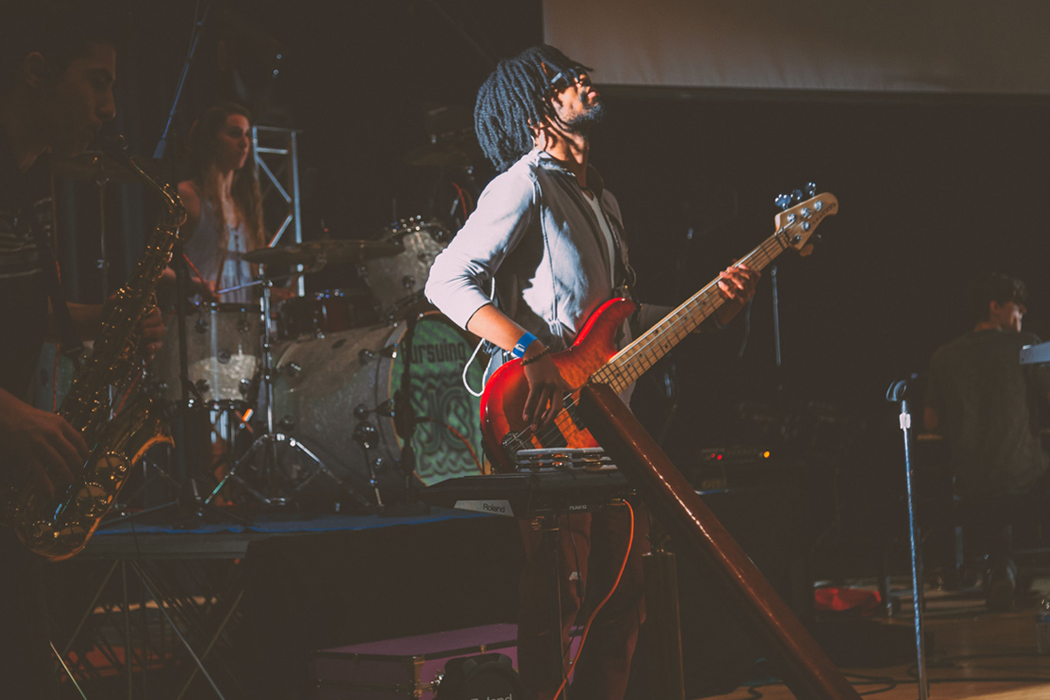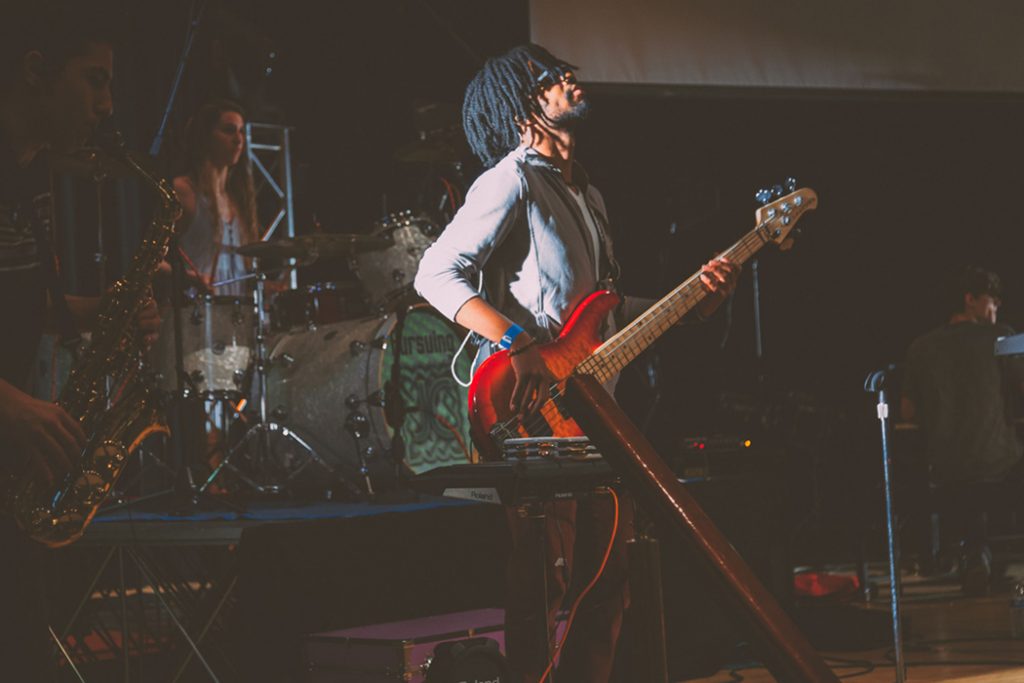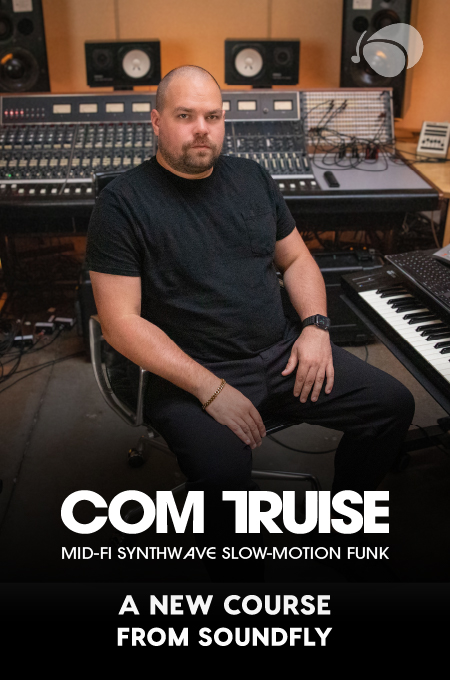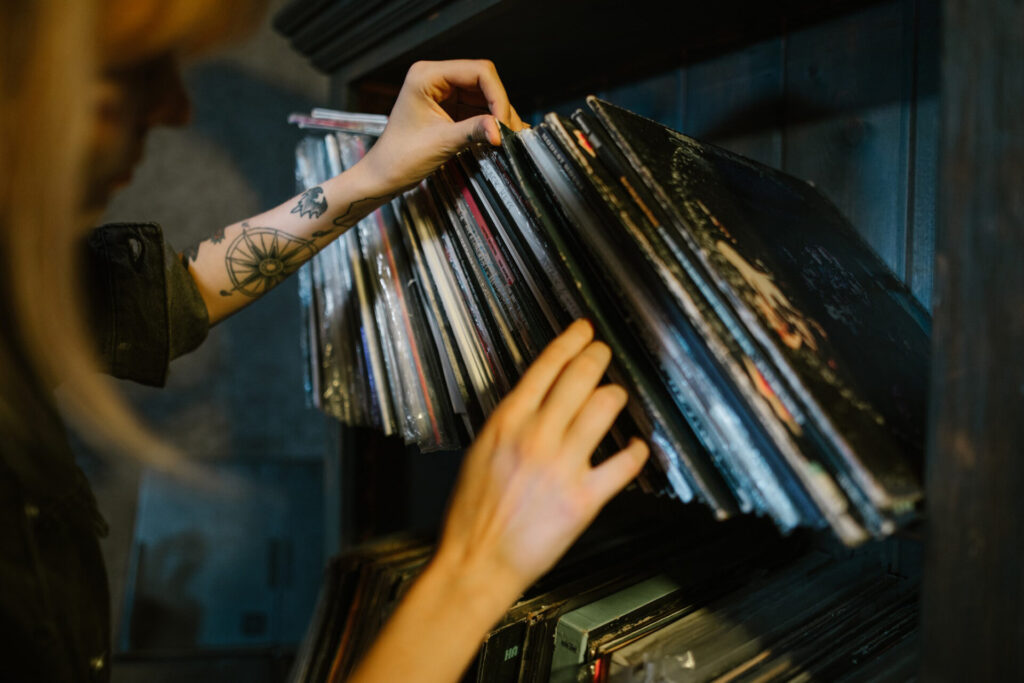
+ Welcome to Soundfly! We help curious musicians meet their goals with creative online courses. Whatever you want to learn, whenever you need to learn it. Subscribe now to start learning on the ’Fly.
Until we have a vaccine, an increased testing capacity, and until we learn more about antibody testing — as well as whether having the Coronavirus antibodies in your system means you cannot contract the COVID-19 disease — we must move forward in a “new normal” environment. And as we’ve already come to understand, that means certain changes in the live music industry.
If you’re planning to start playing live music again, there are definite things into which you’re going to need to look.
Here are five conditions one might raise before confirming a gig nowadays.
- You will want to secure a 10-foot barrier or marking around the stage. Singers won’t be wearing masks, so a 10-foot minimum protects the audience from being sprayed with the singers’ saliva. Singers should also provide their own microphone.
- You should request a low key, possibly private, load in/load out situation. A staff member should also be tasked with helping with crowd control so performers don’t have to plow through a crowd of people to enter and exit the venue.
- Performers should also have either a private bathroom or a limited capacity when using the same toilets in confined spaces.
- A brief cleaning of the performance area between performances to disinfect any communally used amps or gear is preferable. The venue should also be equipped with the best ventilation possible.
- Audience safety is key. You would hate to play an overcrowded event and have a bunch of people get sick. Venues should be following the current city, state, and federal CDC guidelines.
Concerns and Suggestions
The following points were raised by musicians from Nashville, disease specialists at Vanderbilt University, and doctors and nurses within the medical community.
Audience physical accessibility to artists/musicians
Not only were there concerns voiced about the crowd’s accessibility to musicians in a live music setting, but audience members right up front underneath a vocalist. Sometimes when singing or speaking, vocalists, MCs, and band directors may produce saliva (or, spit). It is suggested that you set up some type of physical barriers between the stage and audience.
Keeping a healthy distance while working the crowd for tips in bar and restaurant settings
Before going into the crowd to work the tip jar, make an announcement on stage. Incorporate funny, friendly, and fair banter into your set letting the crowd know you are entering the audience but would like to keep a safe social distance while doing so, and allow anyone that does not want to be put into risk time to exit the area.
Put on a mask if it increases comfort. Utilize digital options for tipping like Venmo, CashApp, etc. Post a sign on stage with the info and reference it throughout your set.
The ability to set up, soundcheck, and tear down while keeping a healthy distance from audience members
Inquire about designated entrances and exits for musicians and physical barriers between the audience and stage. Consider bringing a change of clothes, putting on a ball cap or a mask to reduce the appearance of being approachable when not playing. Be honest with people if they come too close.
Reducing the risk of cross-contamination between work and home
Remove your shoes, clothing, backpacks or bags, and gear, as soon as you arrive home in a designated area. Do not move these items anywhere else in your home without cleaning and disinfecting first. Also, always keep hand sanitizer, wipes, or hand soap, in your bag at all times. Hand washing is so important to stay healthy these days.
The bottom line is that there is no way to return to a public situation without some increased risk, until we have a vaccine. If you have underlying health conditions, you may want to wait on performing; the same goes for attending gigs as an audience member.
However, with some preparation of safety and increased cleaning measures, good communication between the venue, your bandmates, and live music fans, we can get back out there to perform, hear live music, and live our lives again; albeit in the “new normal.”
Get all of Soundfly’s premium online courses for a low monthly cost.
Subscribe here to get unlimited access to Soundfly’s premium course content, an invitation to join our private Slack community forum, exclusive perks from partner brands, and massive discounts on personalized mentor sessions for guided learning. Learn what you want, whenever, with total freedom.
—
Kristen Ford is Nashville based indie rock act with a passion for music business and a book on DIY touring in the works, featuring members of the health, scientific and musical communities of Nashville.




